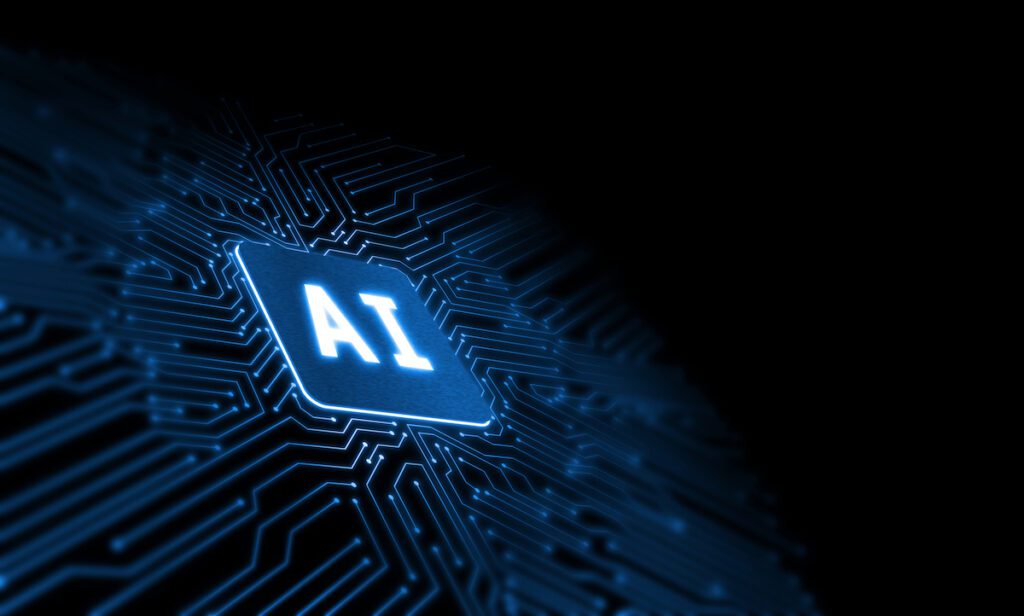This Week in AI: Security Breaches, Robotics Innovations, and New Regulations
As the world of artificial intelligence rapidly evolves, this week has been particularly eventful. Security researchers at North Carolina State University made headlines by breaching AI models with impressive accuracy, while MIT introduced a cutting-edge robot system capable of navigating the complexities of warehouse logistics. Additionally, global efforts toward regulating AI took significant strides with three nations unveiling their respective strategies. Amidst these developments, tech giant Google rolled out its more autonomous AI, Gemini 2.0, bringing a new level of capability to digital operations.
AI Models Vulnerable to Electromagnetic Signal Theft
In a shocking revelation, researchers from North Carolina State University have identified a significant vulnerability in AI systems. By capturing electromagnetic signals emitted from computer hardware, they achieved over 99% accuracy in extracting proprietary AI models. This groundbreaking technique does not require direct access to the systems, which raises serious cybersecurity concerns for major players like OpenAI, Anthropic, and Google, all of whom have invested heavily in these advanced technologies. This discovery sheds light on the escalating risks information technology faces, especially as companies increasingly depend on AI systems for competitive advantage.
MIT Develops AI System for Complex Warehouse Robotics
This week, MIT introduced PRoC3S, an innovative AI system designed to enhance warehouse robots’ ability to handle irregularly shaped packages and navigate crowded environments. Integrating AI language models with computer vision, PRoC3S tests actions in a virtual space before executing them, achieving an 80% accuracy rate in lab experiments that included basic tasks like drawing shapes and sorting blocks. This advanced technology aims to equip robots with the dexterity and decision-making skills traditionally required of humans, revolutionizing operations in busy warehouse settings.
Three Nations Advance AI Governance
Amid these technological advances, three governments made noteworthy moves toward AI regulation. In the United States, a bipartisan House task force proposed a framework for industry-specific AI oversight, laying the groundwork for comprehensive governance without imposing broad federal regulations. In Asia, Malaysia established a National AI Office to synchronize policy development, striving to position itself as a tech hub. Meanwhile, the United Kingdom initiated a consultation on copyright reforms aimed at balancing the needs of AI innovation with the protections for the creative industries. These initiatives reflect a growing global consensus on the necessity for structured AI governance.
Google’s Gemini 2.0 Promises Autonomous Functionality
Google is making waves with the release of Gemini 2.0, an AI system designed to take on more complex tasks across various platforms with greater independence. This upgrade enhances projects like Astra, which focuses on Android devices, and Mariner, aimed at web navigation, signaling a shift from traditional command-based operations to a more independent functioning style. Gemini 2.0’s unified processing approach that integrates text, images, and audio into a single system is a game-changer, making previous separate tools obsolete.
Navigating Mixed Signals in AI Development
As advancements in AI accelerate, the field is exhibiting contrasting signals. While some AI models continue to achieve significant breakthroughs, others are struggling with unexpected challenges. Industry leaders recognize that while AI is far from stagnating, the path ahead is fraught with obstacles. Companies are grappling with investment decisions as they navigate a landscape where progress isn’t easily categorized.
The AI Buzz Hub team is excited to see where these breakthroughs take us. Want to stay in the loop on all things AI? Subscribe to our newsletter or share this article with your fellow enthusiasts.




